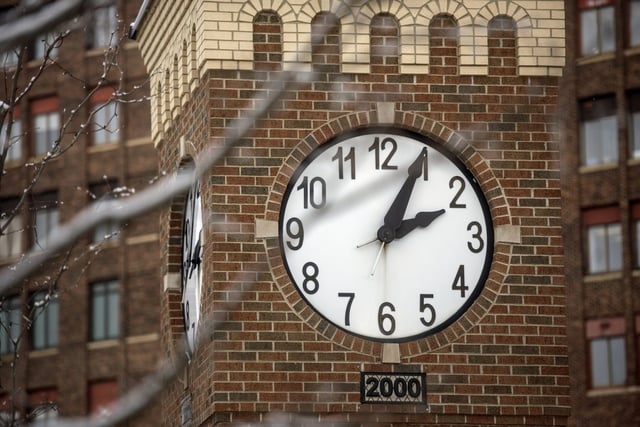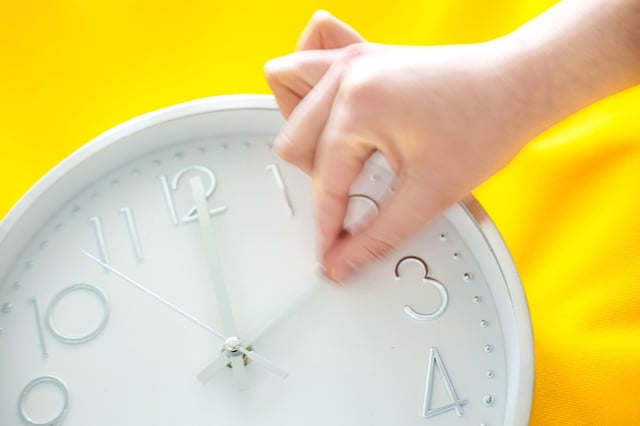Overview
- On Sunday, Nov. 2, at 2 a.m., Americans will set their clocks back one hour to end daylight saving time and gain an extra hour of sleep.
- Most smartphones, computers and other digital devices will adjust automatically at the designated time, but manually operated clocks should be reset before bedtime on Nov. 1 to ensure accuracy in the morning.
- Residents of Arizona (except the Navajo Nation), Hawaii and U.S. territories including Puerto Rico, Guam, American Samoa, the Northern Mariana Islands and the U.S. Virgin Islands do not observe daylight saving time and will not change their clocks.
- Studies have linked biannual clock shifts to spikes in cardiovascular events and sleep disturbances, leading experts to advise gradual bedtime adjustments and fire officials to recommend simultaneous smoke-detector battery checks.
- Congressional efforts to make daylight saving time permanent—most recently the reintroduced Sunshine Protection Act in January—remain stalled in committee, leaving the twice-yearly practice unchanged.



